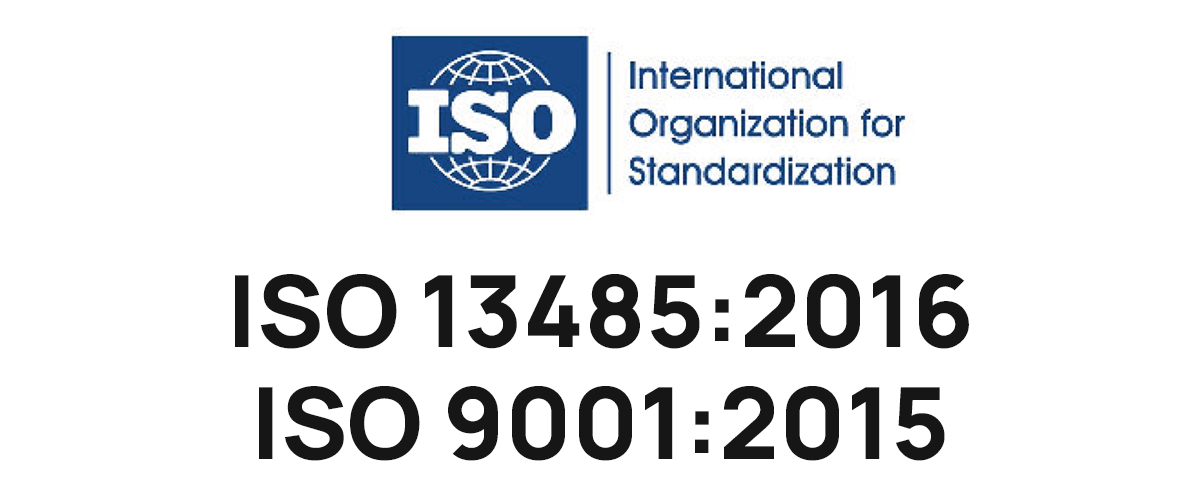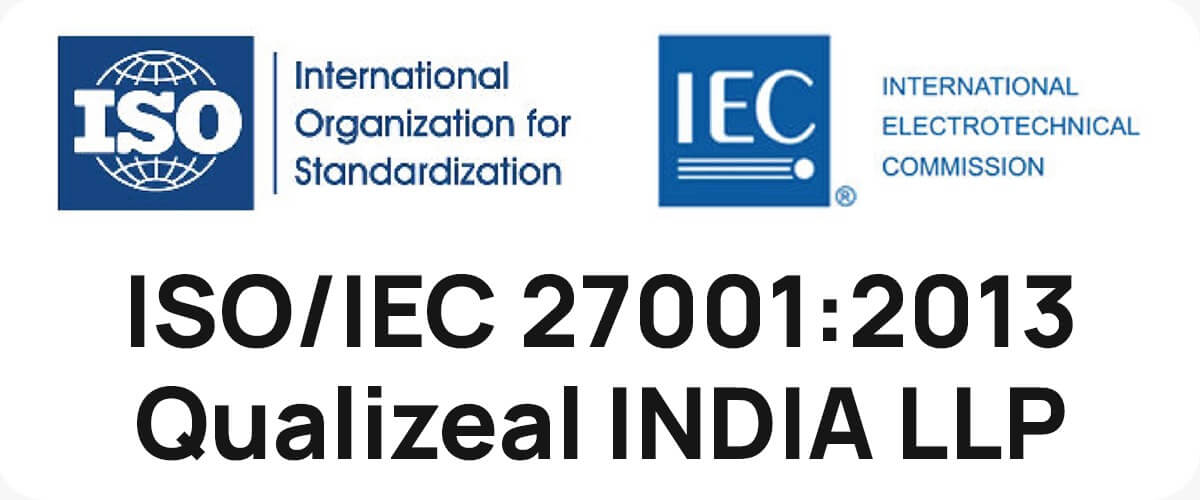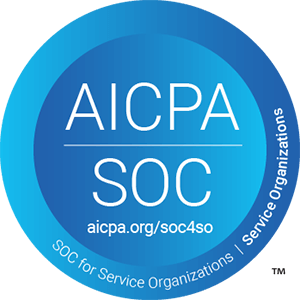Why is Quality Assurance Important in Medical Device Testing?

When it comes to medical devices, the stakes are high. Whether it’s a pacemaker, an insulin pump, or a prosthetic limb, these devices are meant to improve and save lives. That’s why it’s crucial to ensure that they function as intended, and that’s where quality assurance services come in.
Quality assurance is the process of ensuring that a product or service meets the necessary requirements and standards. In the context of medical device testing, quality assurance is essential to ensure that these devices are safe, effective, and reliable. Without quality assurance, the consequences could be disastrous. In this blog, we’ll explore why quality assurance services are important for medical device testing, and the benefits organizations can reap through it.
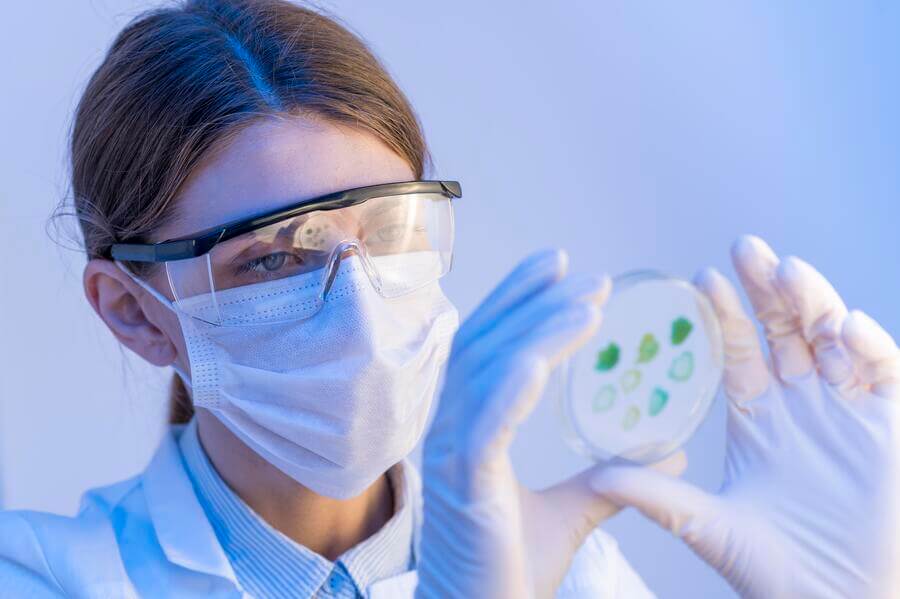
Quality Assurance Services in Medical Device Testing: The Necessity
In 2022, the global medical device market was valued at $465.55 billion, with an estimated annual growth rate of 4.5%. This value is further estimated to grow to USD 625.32 billion by 2028.
However, with the increase in demand for medical devices, comes an increase in the number of devices on the market that aren’t adequately tested. In fact, a study conducted by the US Food and Drug Administration (FDA) found that approximately 30% of medical device recalls were due to quality issues.
This is a clear indicator of the importance of quality assurance services in medical device testing and the need to ensure that these devices are safe and effective for use.
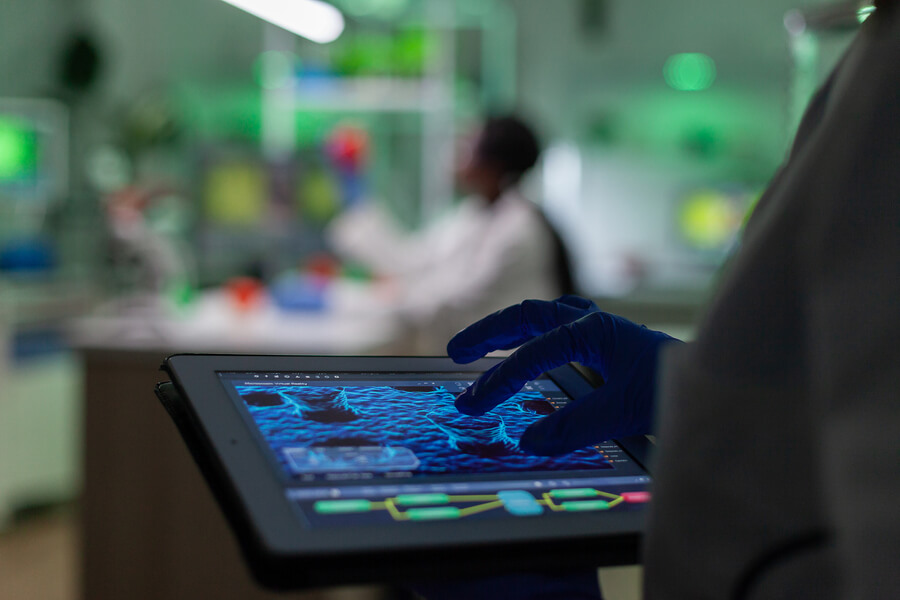
Why is Quality Assurance Important for Medical device Testing?
Quality assurance (QA) is essential in the medical device industry because it helps ensure that the products meet the necessary requirements and standards. In other words, QA is about preventing errors and defects before they can cause harm to patients. For medical devices, this means ensuring that the device is safe, effective, and reliable.
One of the primary reasons why Quality assurance services are crucial for medical device testing is the potential risks associated with faulty devices. A poorly designed or inadequately tested medical device can have serious consequences for patients. According to a report by ECRI Institute, a nonprofit organization that focuses on patient safety, medical device failures resulted in over 1,900 injuries and 83 deaths in a single year in the United States alone.
Furthermore, the cost of medical device recalls due to quality issues can be staggering. In 2019, the FDA issued 87 medical device recalls, affecting over 21 million units. The cost of these recalls, both in terms of financial losses and damage to brand reputation, can be significant.
The importance of QA in medical device testing is also reflected in regulatory requirements. Regulatory agencies, such as the FDA, require medical device manufacturers to have a quality management system in place. This system should include processes for product design, testing, and manufacturing, as well as post-market surveillance and risk management.
Ultimately, QA is essential for medical device testing because it ensures that the devices are safe and effective for patients to use. By following QA processes, medical device manufacturers can mitigate risks, reduce the likelihood of recalls, and improve patient outcomes.

Business Benefits and Technical Advantages of Quality Assurance services in Medical Device Testing
While the primary benefit of quality assurance services in medical device testing is the safety and effectiveness of the devices themselves, there are also significant business and technical advantages for organizations that prioritize QA.
First and foremost, effective QA processes can help medical device manufacturers reduce costs associated with recalls and lawsuits. A recall can be incredibly expensive, not only in terms of the cost of replacing or repairing the devices, but also in terms of legal fees, lost revenue, and damage to brand reputation. By preventing errors and defects in the design and testing phases, manufacturers can avoid these costly outcomes.
In addition, QA can help organizations improve their product development and manufacturing processes. By implementing a comprehensive quality management system, manufacturers can identify areas of improvement and optimize their processes to be more efficient and effective. This can lead to faster time-to-market, higher-quality products, and increased customer satisfaction.
From a technical standpoint, QA can also improve the accuracy and reliability of test results. By establishing clear testing protocols and ensuring that all tests are performed according to these protocols, organizations can reduce the risk of false positives or false negatives, which can have serious consequences for patient safety.
Finally, QA can help organizations stay ahead of the competition. In an industry as competitive as medical devices, the ability to produce high-quality, reliable products can give organizations a significant advantage in the marketplace. By investing in QA, organizations can differentiate themselves from their competitors and build a reputation for quality and safety.
In summary, effective QA processes in medical device testing can have significant benefits for organizations. This includes reduced costs, improved product development, and manufacturing processes, more accurate test results, and a competitive advantage in the marketplace. By prioritizing QA, organizations can ensure that their products are safe and effective for patients, while also achieving their business goals.

Partnering with QualiZeal for Comprehensive Quality Assurance Services in Medical Device Testing
While quality assurance is critical for medical device testing, it can be a complex and challenging process for organizations to implement and manage effectively. That’s where QualiZeal can help.
QualiZeal is a trusted partner for medical device manufacturers, offering comprehensive quality assurance services that can help organizations ensure the safety and effectiveness of their products.
One of the key advantages of partnering with QualiZeal is our deep expertise in the medical device industry. Our team comes with a thorough understanding of the regulatory landscape and can help organizations navigate the complex requirements for QA in medical device testing.
In addition, QualiZeal offers a range of technical solutions that can help organizations optimize their quality assurance processes. Our software solutions can streamline testing protocols, improve data analysis, and ensure compliance with regulatory requirements. Our team can also provide consulting services to help organizations identify areas of improvement and implement best practices for quality assurance.
Partnering with QualiZeal for quality assurance services can also offer significant business benefits. By outsourcing quality assurance to a trusted partner, organizations can reduce costs associated with maintaining an in-house QA team. They can also free up resources to focus on core business functions, such as product development and manufacturing.
Finally, collaborating with QualiZeal can help organizations improve their brand reputation and gain a competitive advantage. By working with a trusted partner with a reputation for quality and safety, organizations can build trust with customers and stakeholders, and differentiate themselves from competitors in the marketplace.
In summary, joining forces with QualiZeal for quality assurance services in medical device testing can offer significant technical and business advantages, including deep industry expertise, streamlined processes, reduced costs, and improved brand reputation. With QualiZeal as a partner, organizations can ensure the safety and effectiveness of their products, while also achieving their business goals.



